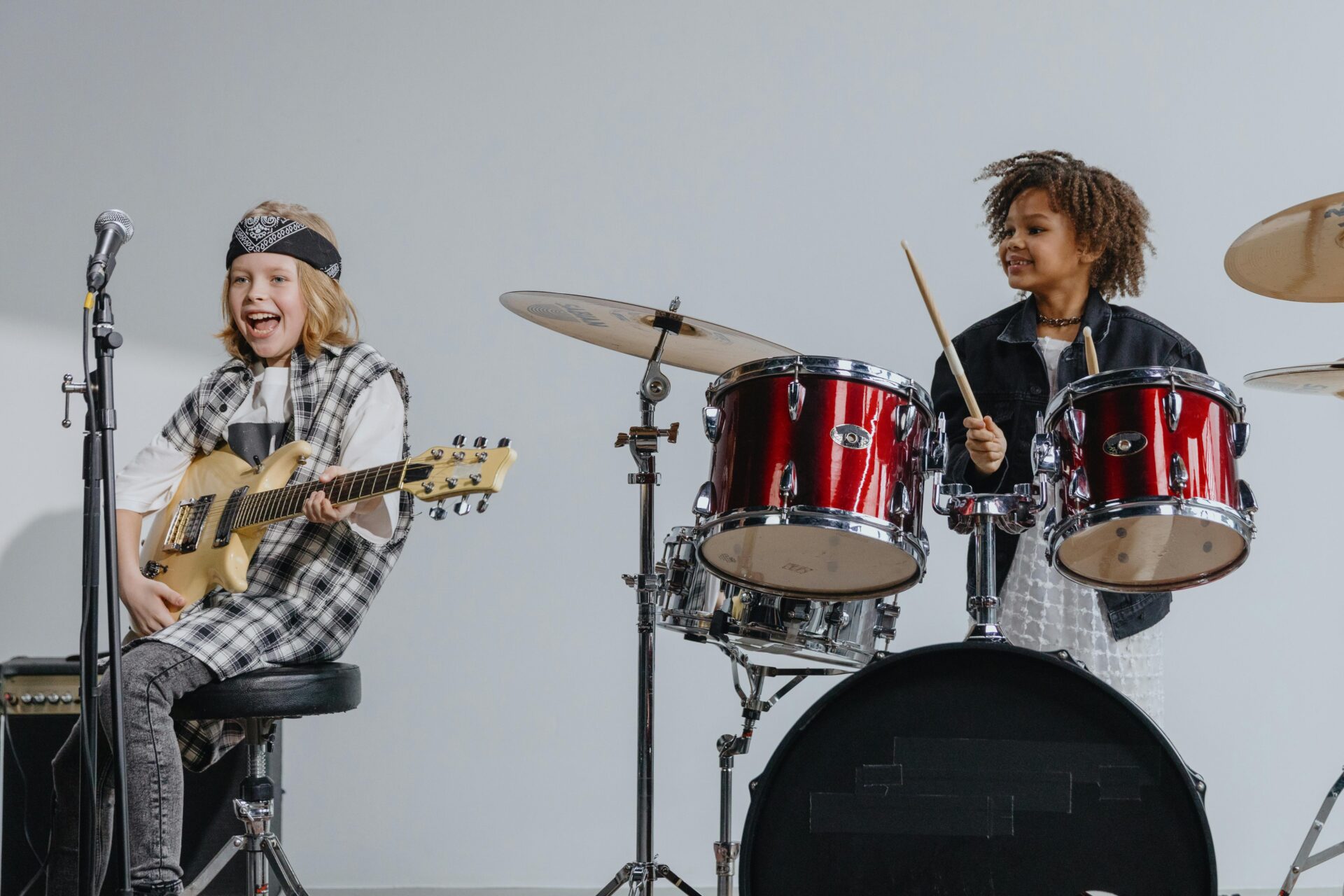Are you curious to know how to select the perfect musical instrument for your child? Finding the right fit can be a game-changer in nurturing their musical preferences and skills. With various options, it’s important to consider your kid’s preferences, age, size, and abilities.
Each instrument has unique characteristics that can influence a little one’s learning experience and enjoyment. From the soothing piano to energetic drum beats, choosing a plaything that fits your child’s personality and abilities can boost their enthusiasm and dedication.
Understanding Your Child’s Interests
A child’s excitement and passion for a specific device can greatly influence their commitment to and pleasure in acquiring it. Start by watching how they react to different music styles and gadgets, noticing whether melodies, rhythms, or specific genres capture their attention more. Engage them in discussions about their favorite songs or artists to measure their musical inclinations.
Assessing Age and Physical Readiness
Evaluating a child’s physical capabilities, including hand size, finger flexibility, and coordination, is necessary when determining the right musical instrument. Smaller, lighter items may be more appropriate for young children between ages 7 and 10, enabling easier handling. For example, the compact size and simplicity of ukuleles or keyboards make them ideal for early learners.
Exploring Different Instrument Types
Finding various musical resources, including string, wind, percussion, and keyboard, introduces unique pathways for learning and happiness. String instruments like guitars and violins engage fine motor skills and include diverse musical genres. Wind instruments like trumpets and flutes improve breath control and can introduce kids to various musical genres.
Percussion instruments, from drums to xylophones, are perfect for those drawn to rhythm and hands-on engagement. Meanwhile, keyboards and pianos lay a comprehensive music theory and technique foundation.
Budget and Cost Considerations
Budget concerns are key when picking a musical instrument for your young ones. Prices vary greatly based on the instrument’s category, quality, and make. While beginner models are more economical, they might need replacing as your child’s skills develop. On the other hand, high-end devices, known for their exceptional craftsmanship and durability, come at a higher cost.
It is important to consider the initial buying price and future expenses like upkeep, additional gear, and lessons. Additionally, rental options can be a cost-effective way to introduce your child to music without committing to a complete purchase.
Looking for Instrument Resiliency
Products for beginners often undergo rough handling, the occasional drop, and exposure to various environments. Therefore, opting for a model recognized for its solid build can save on frequent repairs or replacements. For example, brass and woodwind instruments must have strong keys and resilient pads. String instruments, on the other hand, should feature powerful necks and dependable tuning mechanisms.
Assessing the construction materials and overall build quality is key to understanding a gadget’s longevity. Those crafted from superior materials last longer and preserve consistent performance levels.
Ready to find the ideal musical instrument for your child? At The Music Workshop, our knowledgeable instructors guide you through each step, guaranteeing that your kid’s choice aligns with their fascinations and musical goals. Contact us today, and let’s start this exciting musical adventure together!


